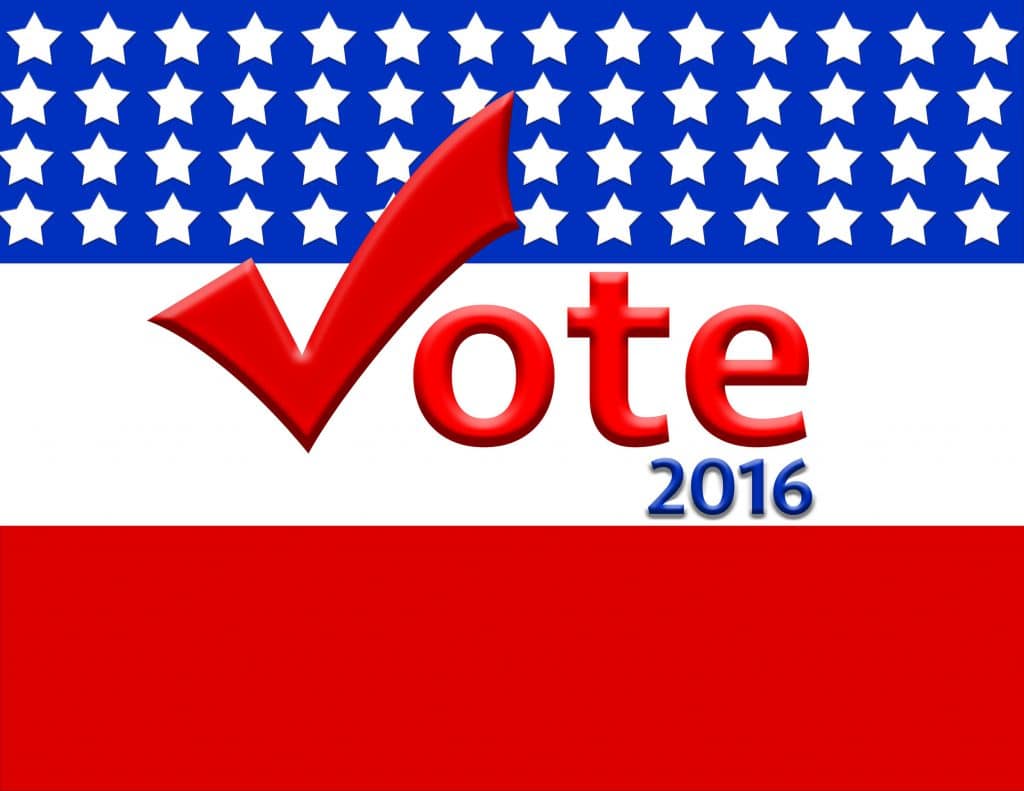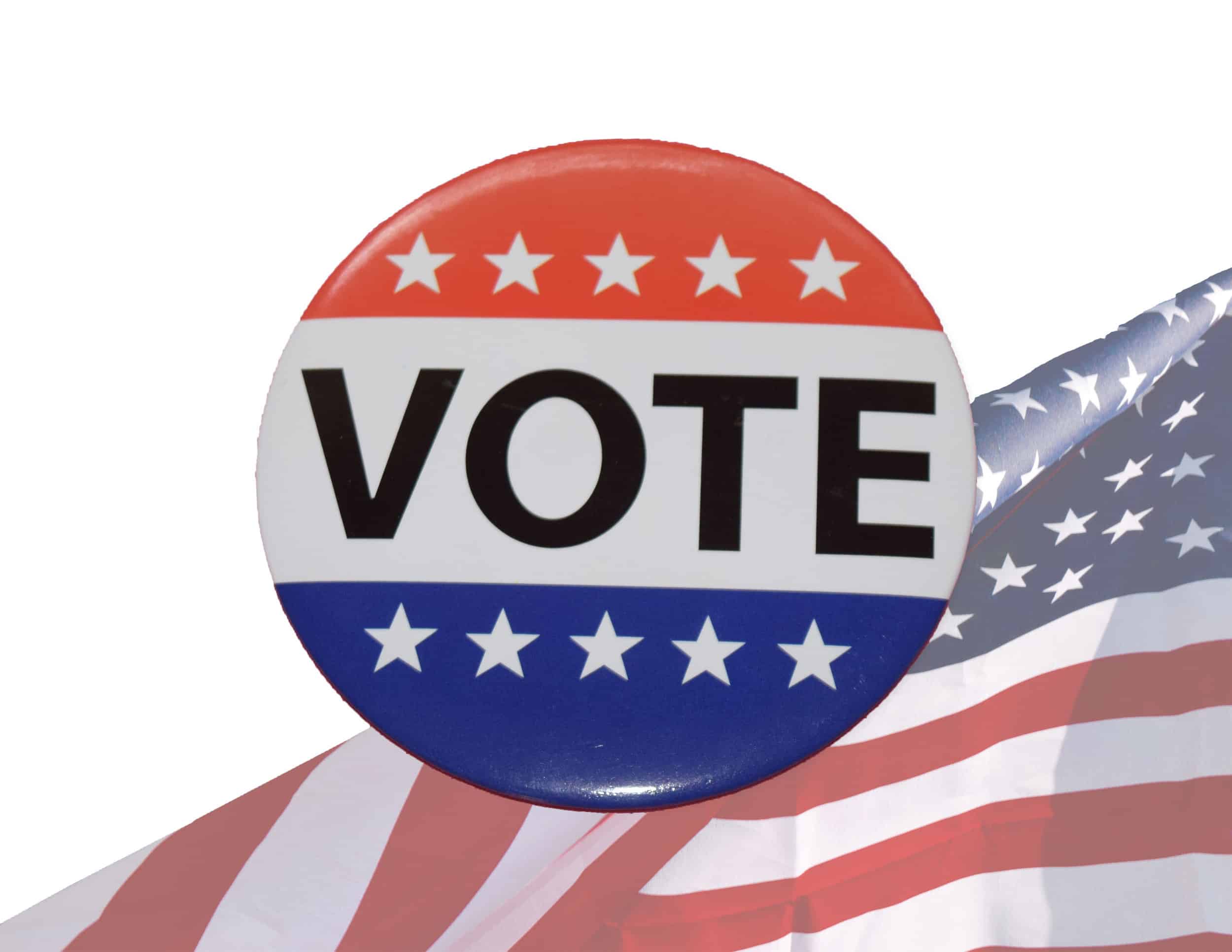
Early vs. Absentee Voting: Know the Facts Before Casting a Ballot
Ashley Merck, Staff Writer
Voting for the next United States president will take place Nov. 8, 2016, but voters may also have the option to cast their ballots through either early or absentee voting. Photo/Graphic Courtesy of Ashley Merck
American citizens will cast their ballots for the next president on Nov. 8, but those unable to vote that day can still do so through either absentee or early voting.
Election season is approaching quickly and citizen voters will be casting their vote for America’s next president on Nov. 8, 2016. However, registered voters do not have to vote exclusively on Nov. 8.
Voters may also have the opportunity tocast their ballots before election day through either two methods: early voting or absentee voting. While both voting procedures extend the time period voters are allowed to cast their ballots, there are some distinct differences between the two.
Absentee voting is for people who know they are going to be out of their home county (either away at school, on vacation, in the military, etc.) during election day, but still want to cast their vote. For this type of voting, registered voters must go online or to an election office and obtain an absentee ballot. Then, voters must fill out the ballot and either mail it or return it back to the election office before the given deadline (which varies from states and counties).
Photo identification is required for voters who want to cast their ballot in person. From there the ballot will be opened and added to the candidate’s total on election day.
Unlike absentee voting, voters do not need an excuse to do early voting. “Anyone can vote early, but the risk runs high,” explains David Tyner, a NGU political science professor and chair of the department. For example, a candidate may say something later on in the campaign trail that the voter disagrees with but after people casts their votes, they cannot change their minds.
Voters need to be absolutely sure who they want to vote for before casting their ballots. Similar to absentee voting regulations, a registered voter who wants to cast his ballot through early voting can do so by mail or in person at an election office and a photo identification is required if one decides to vote in person.
NGU students who want to vote before Nov. 8 in the upcoming presidential election can use either method of voting, but each state and county have different dates for both early and absentee voting so students should check a listing of dates before deciding on a method. South Carolina residents, for example, are not eligible for early voting but are eligible for absentee voting and North Carolina residents are eligible for both. However, “absentee voting would be the better option for students who are out of their home county during election day,” explains Tyner.
Voter registration is usually open 30 days (depending on the state) prior to election day so anyone who still needs to register can do so online or at a state registration office.

